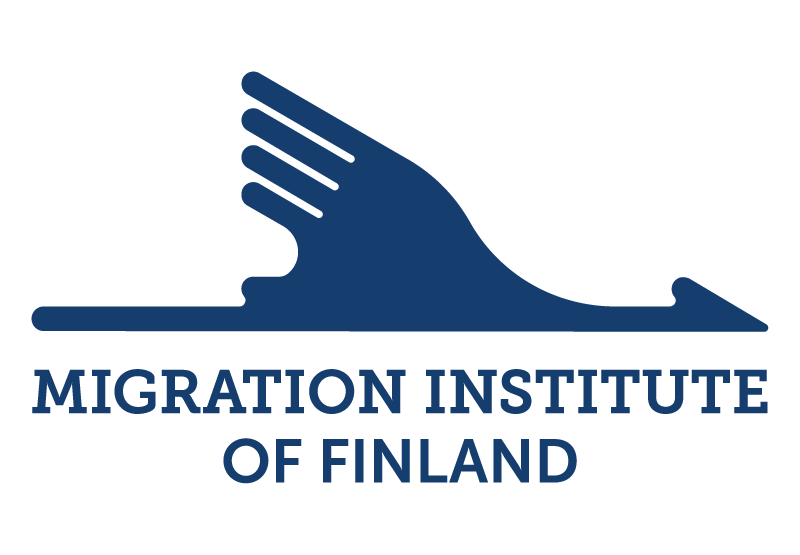The Association between Pre- and Post-Migration Wellbeing Factors with Integration among Russian, Somali, and Kurdish Origin Women in Finland
Keywords:
integration (passive) [http://www.yso.fi/onto/yso/p1731], migrants [http://www.yso.fi/onto/yso/p6165], migrant integration [http://www.yso.fi/onto/yso/p17342], migration (demography) [http://www.yso.fi/onto/yso/p10006]Abstract
Pre- and post-migration related factors are likely to influence integration outcomes of migrants. This study aimed to investigate which pre-migration factors (basic education and potentially traumatic experiences) and post-migration wellbeing factors (quality of life and loneliness) are associated with integration outcomes (employment status, language skills, voting, media use, having host country’s native friends, participation in
leisure activities) of migrant background men and women. The Finnish Migrant Health and Wellbeing Study (Maamu) was used, including working-aged adults of Russian, Somali, and Kurdish origin. Each integration outcome was analysed by each predictive factor with logistic regression, separately for the three groups and separately for men and women. The integration outcomes were somewhat differently associated with pre- and post-migration factors in the different groups. All these aspects are important to be taken into account in integration discourse to promote both integration and social wellbeing.

How to Cite
Copyright (c) 2021 Wiam Elfadl, Eero Lilja, Natalia Skogberg, Katarina Selling, Anu Castaneda

This work is licensed under a Creative Commons Attribution 4.0 International License.








